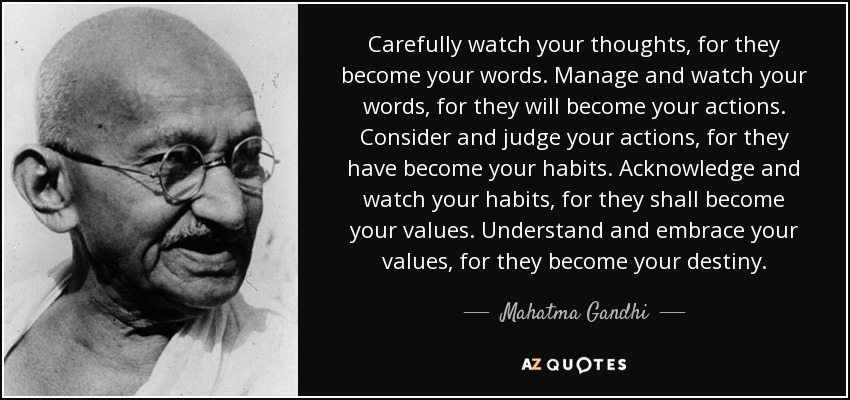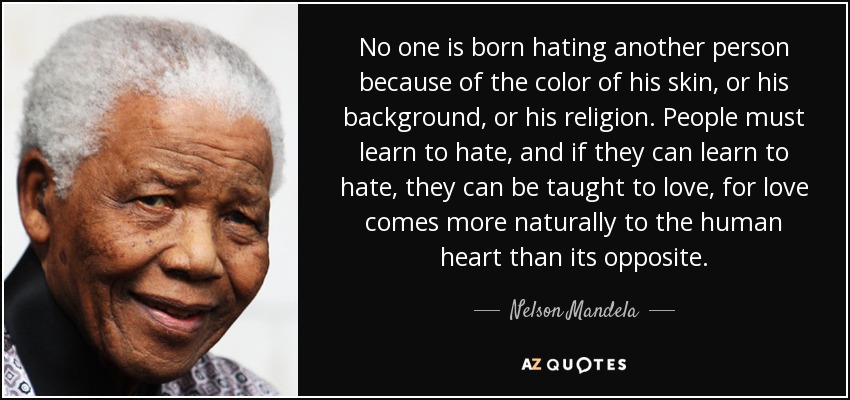DEC Code of Ethics and NAEYC Code of Ethical Conduct
and Statement of Commitment
Below are a plethora of ideals and
principles listed in the DEC Code of Ethics and NAEYC Code of Ethical Conduct
and Statement of Commitment that are most meaningful to me. They both advocate for
children and Staff in early childhood education. They ensure a safe space to
provide services for children in the community. We must remember to include all
resources available to ensure a positive outcome. In my professional life I will hold the
following listed below posted this week and previously most dear to me.
Professional and Interpersonal Behavior
1. We
shall serve as advocates for children with disabilities and their families and
for the professionals who serve them by supporting both policy and programmatic
decisions that enhance the quality of their lives.
Professional Collaboration
2. We
shall honor and respect the diverse backgrounds of our colleagues including
such diverse characteristics as sexual orientation, race, national origin,
religious beliefs, or other affiliations.
3. We
shall identify and disclose to the appropriate persons using proper
communication channels errors or acts of incompetence that compromise
children’s and families’ safety and well-being when individual attempts to
address concerns are unsuccessful.
Responsive Family Centered Practices
4. We
shall provide services and supports to children and families in a fair and
equitable manner while respecting families’ culture, race, language,
socioeconomic status, marital status, and sexual orientation.
5. We
shall collaborate with families and colleagues in setting meaningful and
relevant goals and priorities throughout the intervention process including the
full disclosure of the nature, risk, and potential outcomes of any
interventions.
Ethical Practice in Research
6. We
shall utilize collaborative and interdisciplinary research for strengthening
linkages between the research and practice communities, as well as for
improving the quality of life of children with disabilities and their families.
NAEYC Code of Ethical Conduct
and Statement of Commitment- Reiterates the same thing that stands out
in the DEC Code of Ethics just emphasizing more to advocate on behalf of a
child on all levels. To support children with or without disabilities and their
families safe and smooth transitions from present to beyond.
1. NAEYC
I-1.1- To be familiar with the knowledge base of early childhood care and
education and to stay informed through continuing education and training.
2. NAEYC
I-1.8- To support the right of each child to play and learn in an inclusive
environment that meets the needs of children with and without disabilities.
3. NAEYC
I-1.9- To advocate for and ensure that all children, including those with
special needs, have access to the support services needed to be successful.
4. NAEYC
I-1.11- To provide all children with experiences in a language that they know,
as well as support children in maintaining the use of their home language and
in learning English.
5. NAEYC
I-1.12- To work with families to provide a safe and smooth transition as
children and families move from One program to the next.
Principles
6. NAEYC
P-1.2- We shall care for and educate children in positive emotional and social
environments that are cognitively stimulating and that support each child’s
culture, language, ethnicity, and family structure.
7. NAEYC
P-1.3- We shall not participate in practices that discriminate against children
by denying benefits, giving special advantages, or excluding them from programs
or activities on the basis of their sex, race, national origin, religious
beliefs, medical condition, disability, or the marital status/family structure,
sexual orientation, or religious beliefs or other affiliations of their
families. (Aspects of this principle do not apply in programs that have a
lawful mandate to provide services to a particular population of children.)
8. NAEYC
P-1.4- We shall involve all those with relevant knowledge (including families
and staff) in decisions concerning a child, as appropriate, ensuring
confidentiality of sensitive information.
9. NAEYC
P-1.5- We shall use appropriate assessment systems, which include multiple
sources of information, to provide information on children’s learning and
development.
10. NAEYC
P-1.6- We shall strive to ensure that decisions such as those related to
enrollment, retention, or assignment to special education services, will be
based on multiple sources of information and will never be based on a single
assessment, such as a test score or a single observation.
11. NAEYC
P-1.7- We shall strive to build individual relationships with each child; make
individualized adaptations in teaching strategies, learning environments, and
curricula; and consult with the family so that each child benefits from the
program. If after such efforts have been exhausted, the current placement does
not meet a child’s needs, or the child is seriously jeopardizing the ability of
other children to benefit from the program, we shall collaborate with the
child’s family and appropriate specialists to determine the additional services
needed and/or the placement option(s) most likely to ensure the child’s
success. (Aspects of this principle may not apply in programs that have a
lawful mandate to provide services to a particular population of children.)
Words of Inspiration and Motivation to me:
“A teacher
affects eternity; he can never tell where his influence stops.
– Henry Adams
– Henry Adams
“Now, today,
some children are enrolled in excellent programs. Some children are enrolled in
mediocre programs. And some are wasting away their most formative years in bad
programs….That’s why I’m issuing a challenge to our states: Develop a
cutting-edge plan to raise the quality of your early learning programs; show us
how you’ll work to ensure that children are better prepared for success by the
time they enter kindergarten. If you do, we will support you with an Early
Learning Challenge Grant that I call on Congress to enact.” – President Barack Obama
Former President
Barack Obama I say to you; The Early Learning Challenge Grant has been met. I introduce to you Early HeadStart and HeadStart programs. - Lewanda B. Taybron
Resources:
NAEYC. (2005, April). Code of
ethical conduct and statement of commitment. Retrieved May 26, 2010, from http://www.naeyc.org/files/naeyc/file/positions/PSETH05.pdf
The Division for Early Childhood.
(2000, August). Code of ethics. Retrieved May 26, 2010, from http://www.dec-sped.org/






